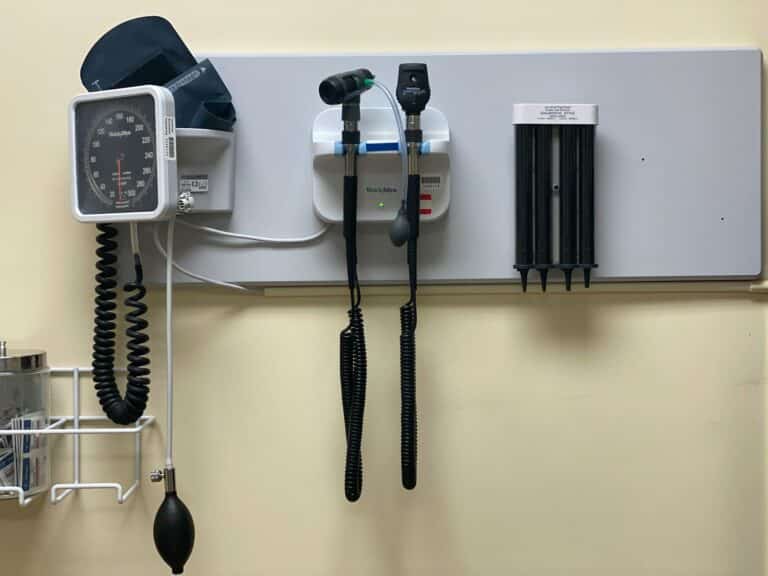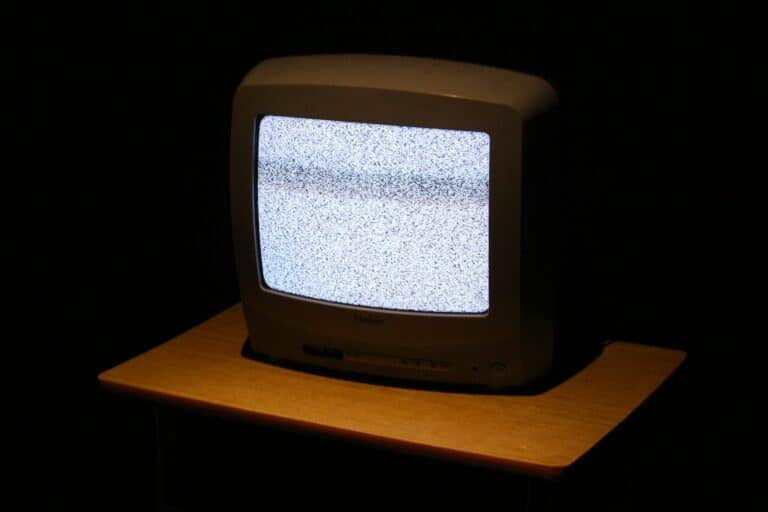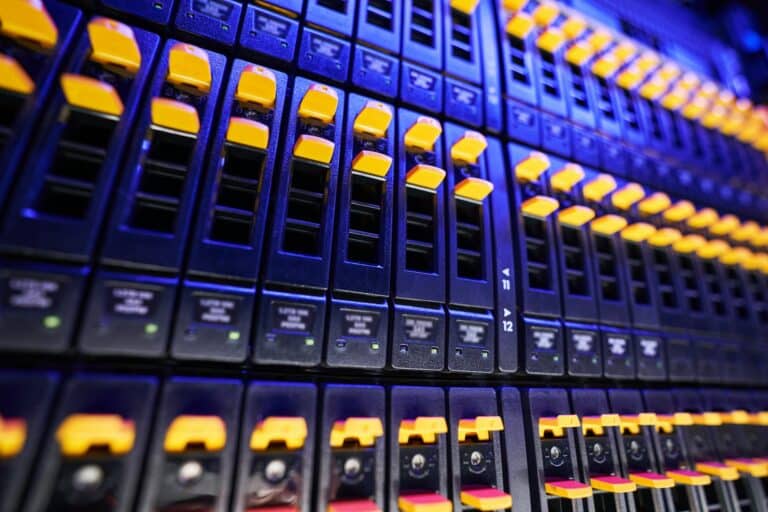Almost everyone has had that moment when their computer starts making strange noises out of nowhere. One minute it’s quiet, and the next it’s buzzing, clicking, or making some other unsettling sound that definitely wasn’t there before. It’s easy to put off investigating, hoping it’ll stop, but those odd sounds can be your computer’s way of asking for help.
In most cases, these strange noises are a sign that something inside your computer isn’t working the way it should. While some issues can be fixed, others are signs that the system is reaching the end of its life. When that happens, recycling might be a smarter move than repair. Let’s take a closer look at the types of noises your computer might make and what they could mean.
Identifying Common Computer Noises
Computers aren’t supposed to be completely silent, but certain types of sounds are red flags. If your machine suddenly starts acting like it’s preparing for liftoff, it’s time to pay attention. Here are a few odd sounds you might hear and what could be causing them.
– Buzzing: A low humming or buzzing usually comes from a fan or power component. If the fan gets clogged with dust, it can wobble or spin at uneven speeds. Sometimes the buzzing sound can also come from a loose screw inside the case vibrating with the airflow. If your computer is older, wear and tear in the fan bearings could also create this sound.
– Clicking: If you’re hearing little clicks or ticking sounds, especially when you open files or boot up, that might be your hard drive. Internal drives use spinning platters, and when those start to fail, they often make a faint clicking noise resembling a tiny metronome. This isn’t something to ignore. Clicking could also result from loose or worn-down wiring, but either way, it shouldn’t be left unchecked.
– Whirring or Grinding: Whirring is normal in short bursts, especially when starting programs, but nonstop whirring or grinding means trouble. Drives trying to read data and failing might create this sound. Fans might also grind if their blades are hitting debris or the motor is wearing out. Older desktop towers are more prone to this, especially those that’ve been moved around and may have loose parts inside.
One example that’s all too common: Someone in Augusta might hear a growing buzz from a desktop tower during the summer. With temperatures rising, the fans work harder to keep the machine cool. If those fans are dirty or old, they can start vibrating and buzzing nonstop, especially in homes without AC. That noise is a warning sign that the cooling system is strained and likely won’t last much longer.
Diagnosing The Problem
If your computer is sounding off, don’t panic. Start by identifying where the sound is coming from. Grab a basic checklist and rule things out step by step.
1. Shut the computer down completely and unplug it from the wall. Let everything cool for a few minutes.
2. Open the case, if you’re comfortable doing so, and check for dust buildup. A clogged fan can create everything from whirring to buzzing.
3. Listen carefully once it’s back on. Is the noise coming from the back, where the power supply fan lives? Or more toward the front, where the hard drive might be?
4. Restart and tap into your operating system’s diagnostic tools. Some computers come with built-in hardware checks that scan for drive issues.
5. Pay attention to timing. If the sound happens only at startup or during certain programs, it’s likely tied to a specific piece of hardware.
If you’ve isolated the sound to a specific part like a fan or drive, you might be able to quiet the noise temporarily. A short wipe-down or dusting can help fans in some cases. But this is usually just a short-term fix. If the same noise comes back quickly or gets louder, repairs may not be worth the time and cost. Trying to ignore or hide the problem usually ends in a sudden failure when you least expect it.
Don’t spend time guessing whether a strange sound is harmless. If you’re unsure or the computer seems slower, frozen, or gives strange errors, it’s worth thinking about your next move. These warning signs can come right before a total system failure. At that point, hanging on to the machine may put your files and next steps at risk.
Why Recycling Might Be the Best Option
If your computer keeps making strange sounds after you’ve gone through the basic checks, there’s a good chance the issue runs deeper. Grinding, clicking, or nonstop buzzing usually means the hardware is damaged or wearing out. While it might be possible to replace one piece, the rest of the system could already be close to failing. Putting more time or money into temporary repairs might not be the best use of your resources.
Recycling at this point isn’t giving up. It’s a smart choice that puts you back in control. Instead of waiting for a crash that could cost you data or time, consider parting with the machine while you still have access to everything. If it’s already slow, outdated, or unable to run the software you need, starting fresh with a reliable setup can bring more value than another patch job.
Aside from performance, there’s another reason why recycling makes sense: the materials inside your old computer. Older equipment contains plastics, metals, and parts that shouldn’t end up in a landfill. Those materials can break down and release harmful substances into the ground or water, especially in places like Augusta where environmental protections are important year-round.
Proper recycling makes sure those parts are handled safely. It also recovers useful components like copper, aluminum, and functional boards that can be reused, cutting down on the need for brand-new materials. Avoiding extra waste now helps reduce future damage, and keeps more devices from piling up in closets or storage rooms.
How to Recycle Computers in Augusta
If it seems like your computer isn’t going to last much longer, the good news is that Augusta has services to help. There’s no reason to toss electronics in the regular trash. Special handling is required to protect both people and the environment. Here are a few simple ways to move forward without the hassle.
– Find a certified electronic recycling provider in Augusta
– Check for local drop-off points that accept desktop computers, laptops, and accessories
– Ask about pickup options if you’re unable to haul the equipment yourself
– Verify which items are accepted so you don’t waste a trip
Once you know where to take the device, take a few easy steps to get it ready for safe disposal:
1. Use secure deletion tools or your system’s settings to wipe personal data
2. Log out of active accounts and deactivate software licenses
3. Unplug any accessories like USB drives or dongles
4. Decide whether to keep cables or pack them with the device
5. Add notes or labels for anything that may contain stored personal files, like hard drives
Doing this helps protect your information and speeds up the processing on the recycling side. Plus, it keeps items like power cords out of the wrong stream if you plan to reuse them later. It’s a small step that adds extra security and peace of mind.
When Strange Computer Sounds Shouldn’t Be Ignored
Strange sounds from a computer can mean more than just loose screws or dust buildup. They can signal major wear or even complete hardware failure. Waiting it out or brushing it off often leads to bigger issues, like overheating, shutdowns, or total loss of files.
Taking action when the problem first starts gives you the chance to make smart decisions on your terms. Whether it’s backing up your files, wiping the device, or planning what machine comes next, doing it early puts you in control. And recycling offers more than just a clean break—it protects the planet from toxic waste and takes unused machines out of circulation.
In a place like Augusta that sees temperature swings and seasonal humidity, older systems can wear down faster than expected. Strange noises might be more than background chatter—they might be the final warning. Choosing to recycle instead of letting the issue drag on protects your time, wallet, and environment. Let the noise be your reason to move on to something better.
Ready to let go of your old computer and embrace a more reliable setup? Trust Beyond Surplus to make the process smooth and secure. Choose to recycle computers responsibly and help keep Augusta clean and clutter-free.



